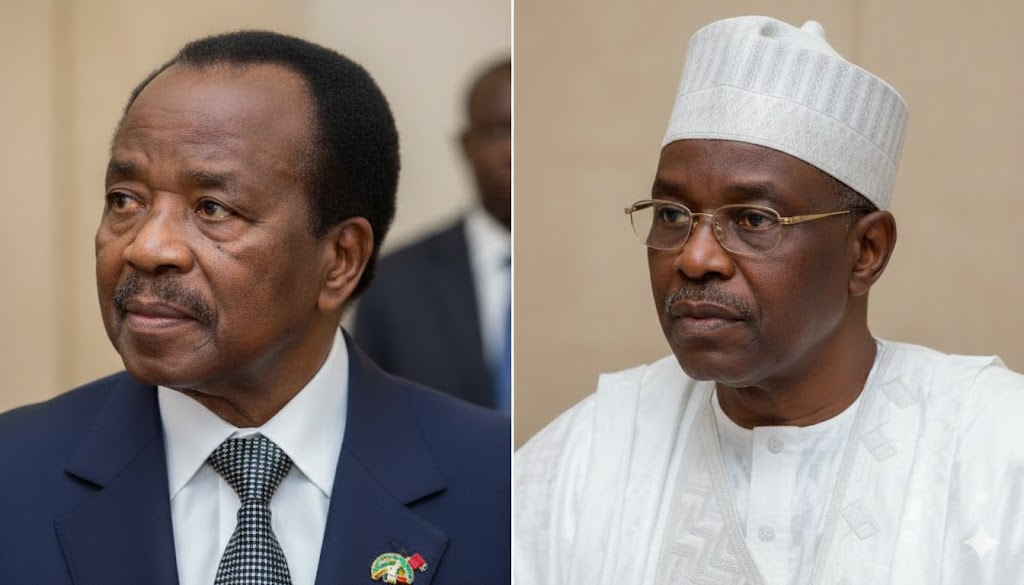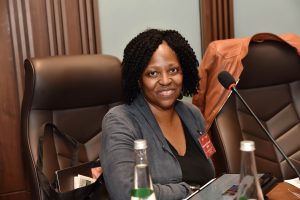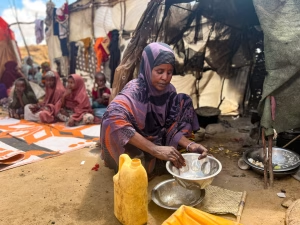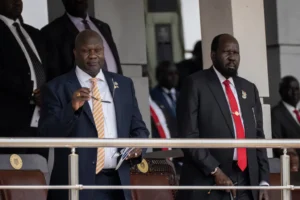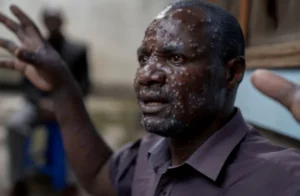Vote counting is underway in Cameroon following Sunday’s presidential election, where 92-year-old Paul Biya, the world’s oldest head of state, seeks to extend his 43-year rule. The election, which has drawn global attention, pits Biya against nine challengers, including former ally Issa Tchiroma Bakary, who now claims to have won.
According to Interior Minister Paul Atanga Nji, the polls were conducted “hitch-free” across all ten regions. However, reports from several areas suggest otherwise, with clashes in the north and boycotts in English-speaking regions. Separatist movements in the Anglophone west had called for a boycott, warning residents not to participate.
Opposition Declares Victory
Just two days after the polls, Tchiroma took to Facebook to declare victory, insisting that his triumph “must be respected.”
“Our victory is clear. It must be respected,” he wrote. “The people have chosen. The government must accept the truth of the ballot box or plunge the country into turmoil.”
He added that detailed regional results would soon be published, though the final results can only be officially announced by the Constitutional Council, which has until October 26 to declare the outcome.
While tally sheets can be displayed publicly at polling stations, the government has drawn a “red line” around any attempt to publish unofficial national results. Minister Nji reiterated that such actions would be treated as “high treason.”
A Nation on Edge
In Garoua, Tchiroma’s stronghold, protesters clashed with security forces after his residence was surrounded. Tear gas was fired as his supporters, angered by reports of intimidation, took to the streets chanting in defiance.
Earlier, Tchiroma told journalists that he was facing threats but vowed to remain steadfast:
“It is not Tchiroma who is the problem. I place myself under the protection of God and the Cameroonian people. I will not move.”
Political Longevity vs. Generational Change
Paul Biya, who has ruled since 1982, is seeking an eighth consecutive term that would extend his presidency to 2032. His administration has been accused by opposition parties of suppressing dissent and manipulating electoral systems to maintain control.
The election occurs amid a youth-driven push for change across Africa, echoing the recent Gen Z-led uprisings in other nations. With most Cameroonians under 30, many young voters express frustration over unemployment, insecurity, and lack of political renewal.
Awaiting the Verdict
The Constitutional Council now holds the power to determine the official outcome, as tensions simmer and both camps brace for the announcement.
If Biya is declared winner, it would reaffirm one of the world’s longest-standing regimes. But if Tchiroma’s claim gains traction, Cameroon could face a historic political shift — or deep instability.

